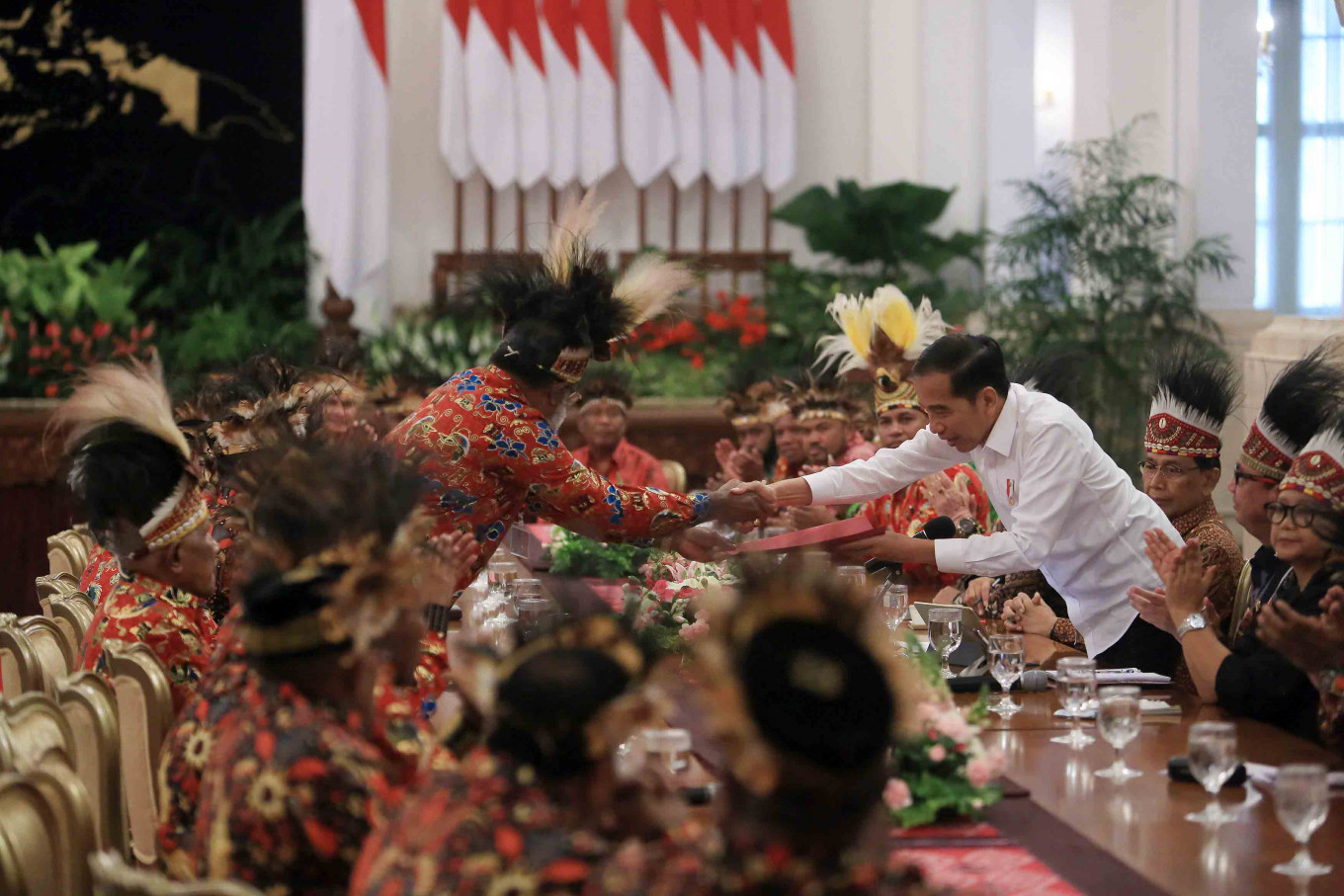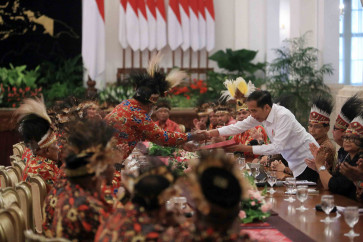Popular Reads
Top Results
Can't find what you're looking for?
View all search resultsPopular Reads
Top Results
Can't find what you're looking for?
View all search resultsPapua and ‘independent, active’ foreign policy
The date of Sept. 2, 1948 is perceived as the origin of Indonesia’s foreign policy principle bebas dan aktif (independent and active). At that time, Indonesian diplomacy was intended to win international recognition of its independence and sovereignty, including over Papua. It turns out the issue of Indonesia’s sovereignty over Papua remains a challenge.
Change text size
Gift Premium Articles
to Anyone
T
he date of Sept. 2, 1948 is perceived as the origin of Indonesia’s foreign policy principle bebas dan aktif (independent and active). It was coined in the speech of then-vice president Mohammad Hatta before a heated meeting of the Central National Committee of Indonesia (KNIP), underlining newly independent Indonesia’s choice of being neither pro-Soviet nor pro-America in the bipolar world.
In the pursuit of national ideals, Hatta contended, “The government is of the opinion that the position to be taken is that Indonesia should not be a passive party in the arena of international politics but that it should be an active agent entitled to determine its own standpoint with the right to fight for its own goal.”
Indonesian foreign policy was not only influenced by the bipolarity that led to the rise of a Cold War system. Its independent and active international outlook was also determined by domestic political contest. The push and pull factors were considered so that the independent and active principles gave Indonesia international gains and domestic settlement.
At that time, Indonesian diplomacy was intended to win international recognition of its independence and sovereignty, including over Papua. It turns out the issue of Indonesia’s sovereignty over Papua remains a challenge.
Widely accepted as a legal condition for every player or actor in the global field, international recognition is sought after and maintained by state governments and nonstates entities. That Papuan independence campaigner Benny Wenda and its United Liberation Movement for West Papua (ULMWP) and scattered affiliated fronts fight for international recognition is therefore understandable.
However, the government’s fear about its sovereignty being undermined by different groups of people who show deep concern and sympathy to the Papuans will only be considered a show of inconfidence and immaturity.
History proves Indonesia has successfully secured international recognition in difficult times. Leaders of newly born Indonesia went through a set of exhausting and frustrating negotiations with many countries such as the United States, Soviet Union, Australia, India and Arab states, the United Nations and finally the Netherlands, to gain recognition.

















